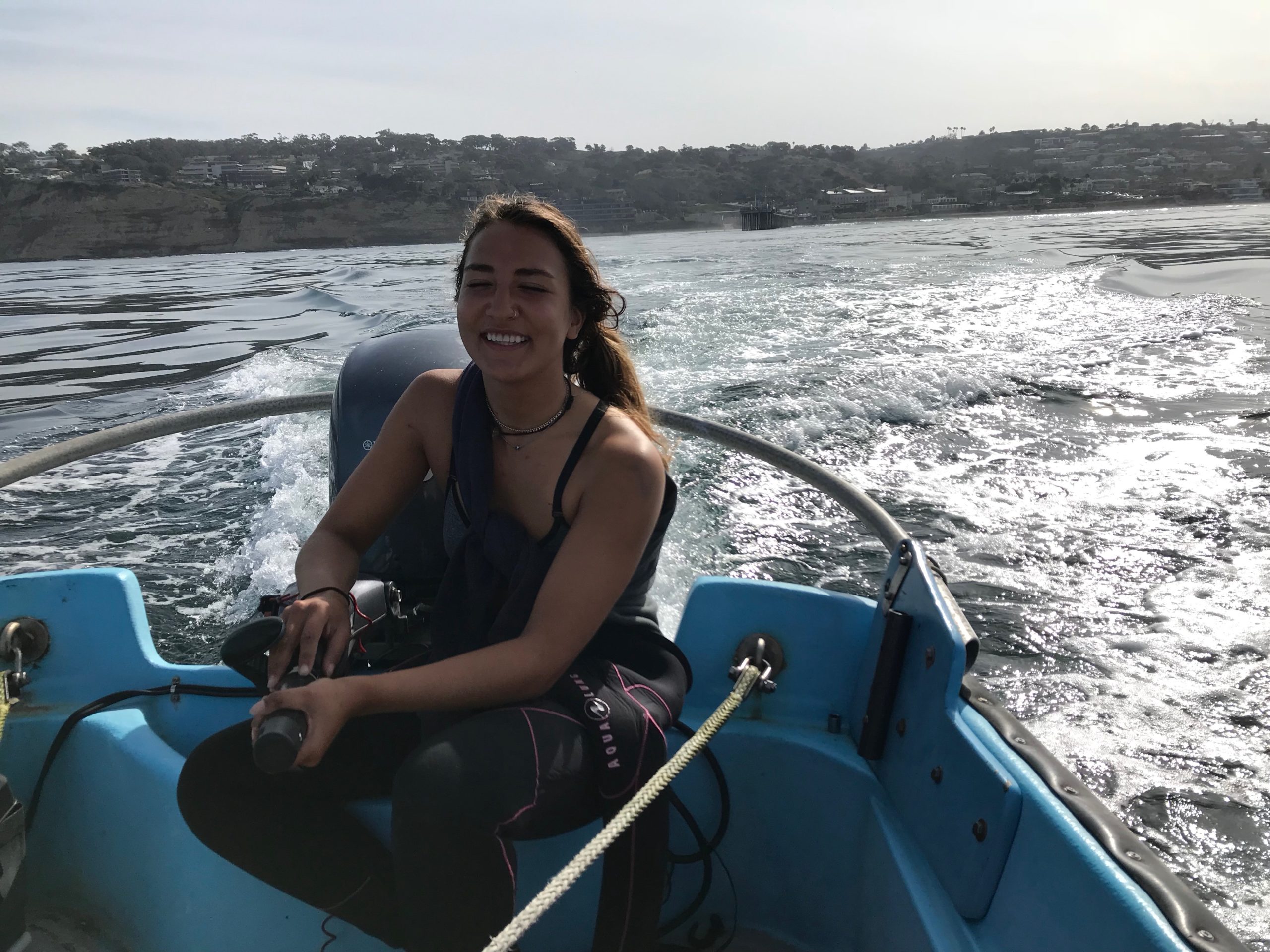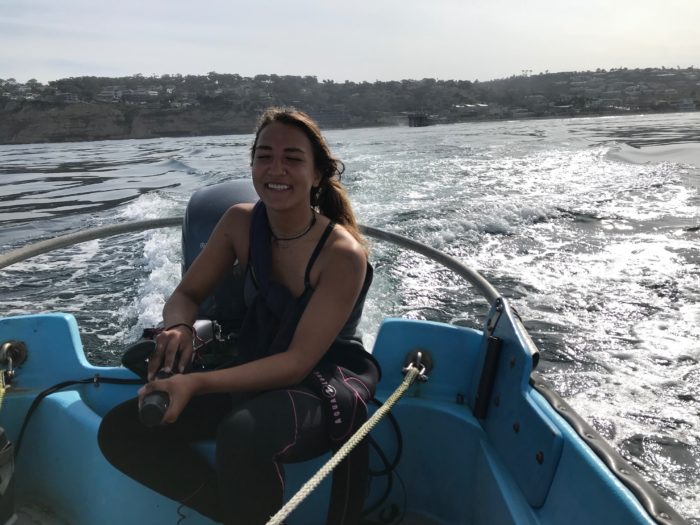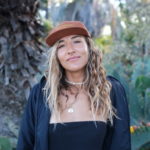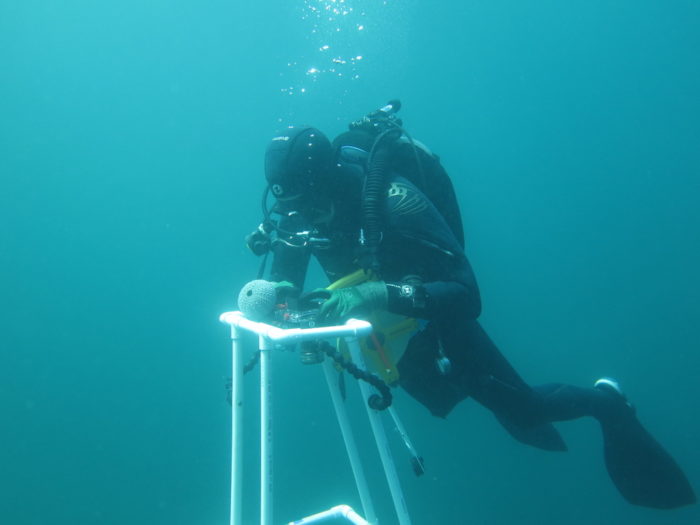
Coastal Careers: Science Communication, Media, and Exploration Education

Photo credit: Madelin Andersen
 Written by Madelin Andersen, NOAA Ocean Exploration Explorer-In-Training Intern
Written by Madelin Andersen, NOAA Ocean Exploration Explorer-In-Training Intern
As a graduate student in marine biology at Scripps Institution of Oceanography, I have a deep and profound respect for science. But as I continued to explore future careers in the ocean science field, I noticed a disconnect between the work scientists are doing and the way their stories are being told. I became passionate about science communication and media through communicating my own research and communicating the important work being done by my peers at Scripps Oceanography. During the COVID-19 pandemic I saw a lot of education and communications move online, and I was taken aback by how well it translated in my field. I saw the power online education and science communication can have, and how it can actually reach a much larger audience than some of the in-person talks, conferences, and presentations I was used to attending. I became enamored with the power videos have at getting people excited about ocean science and the scientists doing the work.
Being a NOAA Ocean Exploration intern has allowed me to experience what it really looks like to be a science communicator. NOAA Ocean Exploration’s shore-based internships are a product of the COVID-19 pandemic, but it has provided me with the incredible opportunity to experience what it is like to be a part of the education and communication teams at a government agency. Through my internship, I have been exposed to the many roles and people it takes to pursue the common goal of ocean exploration. It has been invaluable to meet with and work with the education team to see how we can engage stakeholders and improve ocean literacy. It has been so exciting to see how educational programs and media are being used to achieve the mission of community-driven exploration.
During my internship, I have been working on the creation of a new video mini-series on educational topics using interviews with ocean scientists. “Deep Ocean Bytes,” a collection of bite-sized interviews with deep-sea scientists, focuses on getting an “inside look” at the passion experts have for their topics and what being a deep-sea scientist/explorer looks like. These videos will be featured on the NOAA Ocean Exploration website and the first theme will be the “Life on a Vent Mini-Series,” which explores educational themes at hydrothermal vents. Using interviews with scientists, these mini-series on different topics (such as ROV’s, Seamounts, and Deep-Sea Corals) will provide insights as to how scientists conduct research at sea, how their passion for their field of expertise relates to ocean exploration, and will feature some of the amazing footage from their research expeditions. My goal is to use the power of media and exploration in order to communicate science. I have been able to see my passion through the creation of these mini-series on highlighting ocean scientists. I’m excited to continue this work through the Fall of 2022 and continue working with the NOAA Ocean Exploration team in order to publish multiple mini-series on ocean exploration.

Photo credit: Madelin Andersen
